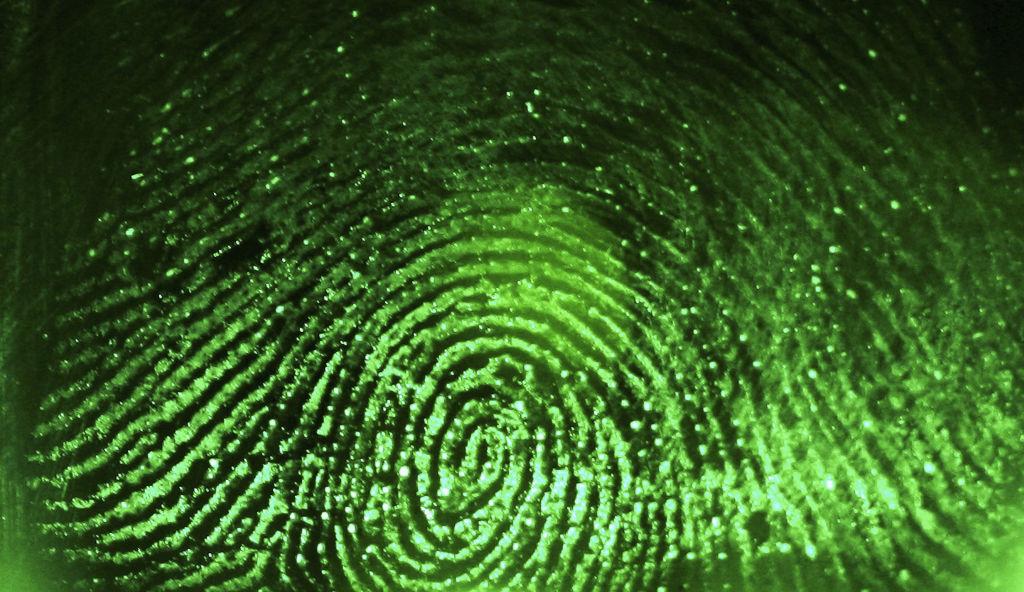The Australian government will roll out additional biometric security measures for key online government services in 2024 to curb a surge of online scam activities.
It comes after the federal government revealed it had to deal with thousands of scam attempts at myGov accounts each month.





